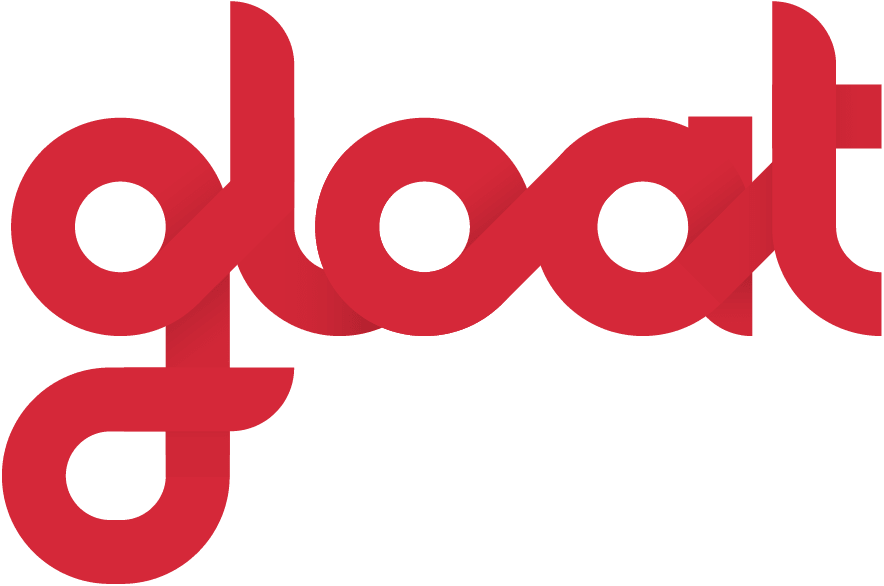How Novartis’s unbossed culture powers their skills transformation
Find out how the leading pharmaceutical company empowers employees to hone new skills Now that skills are under the spotlight, many organizations are eager to move away from traditional job-based ways of working. While most companies are at the beginning of their skills journeys, there are a handful of trailblazing businesses that are already well

Find out how the leading pharmaceutical company empowers employees to hone new skills
Now that skills are under the spotlight, many organizations are eager to move away from traditional job-based ways of working. While most companies are at the beginning of their skills journeys, there are a handful of trailblazing businesses that are already well on their way to becoming full-blown skills meritocracies—and Novartis is one of them.
The leading pharmaceutical company was featured in The Josh Bersin Company’s latest research on Dynamic Organizations, or top-performing companies that embrace agile operating models. The report praised Novartis for its skills-based change initiative, noting, “This transformation has turned the company into a Dynamic Organization capable of harnessing skills for current and future innovation and redesigning work for the future around the skills of the individuals, not rigid job titles.”
Following the release of this research, we caught up with The Josh Bersin Company and Novartis’s Global Head of Talent Markus Graf to learn about the cultural and technological shifts that are fueling his organization’s skills-based transformation.
An unbossed culture: creating the right environment to fuel Novartis’s skills transformation
A key differentiator that distinguishes Novartis’s transformation from many change initiatives that fall flat is the organization’s ongoing commitment to creating an unbossed culture. The enterprise strives to “…develop inclusive leaders who are self-aware and able to adapt to an increasingly complex world, whilst empowering their team members to reach their full potential.”
To empower employees across their organization to expand their professional horizons, Novartis harnesses the power of AI to personalize career and learning opportunities. This includes a talent marketplace to encourage the workforce to plan their career development by offering personalized recommendations for growth opportunities that align with their skill sets, goals, and business needs.
Reflecting on the role that their talent marketplace plays in bringing Novartis’s vision for an unbossed culture to life, Graf explains, “Culture is very important to us. If you want to build a culture that inspires careers and unbosses people, that also means that people must be empowered to explore different parts of the organization to break down silos. When we looked into people who had a successful assignment through our talent marketplace, we found that they had a 132% higher likelihood of moving into another part of the organization permanently.”
Why empowered cultures are key to successful skills initiatives
Cultures that encourage employees to take control of their career progression are clearly a win for the workforce. But they’re also advantageous for the business, particularly if an organization is striving to become skills-based.
During our conversation with The Josh Bersin Company and Graf, he highlighted the pivotal role that skills intelligence tools and talent marketplaces play in supporting Novartis’s key business objectives. “Each of our 5 big bets is enabled through skills,” he explains. “So the skills operating center, as we call it, is really front and center. For us from a cultural standpoint, as we really want to unlock the potential of our people, our talent marketplace is really critical because we can unlock the power of people at scale so we can match people to opportunities.”
Elaborating further, Graf connects the dots between culture and technology, noting, “Culture and technology reinforce each other. You can’t match talent to opportunities at scale without technology. For us, it was very clear that we wanted to bring this idea of an ‘unbossed’ culture to life and that’s where a talent marketplace really helps.”
Findings from The Josh Bersin Company’s research support Graf’s notion that the talent marketplace is a key part of the equation when it comes to embracing dynamic ways of working. As Senior Vice President of Research Kathi Enderes explains, “Platforms like the talent marketplace that really understand people’s skills and then match them to the work that needs to be done in a modular way really are the future of work and the future of the Dynamic Organization. So this is a really big shift.”
3 steps to cultivating a culture that inspires employees to grow their skills
If you’re looking to launch a skills transformation of your own, Graf and The Josh Bersin Company have a few suggestions for cultural and technological shifts that can help accelerate your change initiative.
#1. Give your leadership team the skills data they’re looking for
Culture starts at the top. In order for managers to begin empowering their teams to hone new skills, leaders must first be equipped with a comprehensive understanding of the capabilities their people have and the knowledge they currently lack. While this information has traditionally been siloed amongst disparate HR systems, a new generation of skills intelligence tools enables executives to gain a complete picture of the capabilities their people bring to the table.
Novartis has dramatically increased the amount of skills data leaders have at their fingertips and it’s making a profound impact on their initiatives and organizational culture at large, as Graf explains. “The access to data that we have now is so much better. With the approach we have now, in two months we get more quality data about our people than we did in four years with the former approach, so that’s a massive step forward that helps with workforce planning. Because if you only have a list of people and their jobs, that might not give you enough insights to understand what skills they have and what skills they want to develop.”
#2. Use skills insights to drive employee-led career development
Once you have an understanding of the skills your people have and the knowledge they need, it’s up to leaders to create learning pathways that allow employees to expand their horizons. Rather than a one-size-fits-all career path, Novartis uses AI to generate suggestions for personalized career growth opportunities, based on the skills people wish to learn and their business priorities.
The use of a talent marketplace can be a game-changer when it comes to empowering employees to own their career development to fulfill organizational needs, as Graf explains. “People are starting to use our platform to find their next opportunity. And what I love most about this approach is that it’s led by the business. The CEO asked ‘How can we accelerate our people’s development? How can we break down silos? How can we enable people to move within the organization and adjacent areas?’ I think the skills-based approach has helped us a lot.”
#3. Prioritize mentorship
In addition to projects and gigs, matching employees to mentors is a powerful way to increase camaraderie and encourage people to build new skills. Rather than making mentee-mentor pairings based solely on seniority, visionary companies like Novartis harness a talent marketplace to generate mentoring suggestions based on the capabilities people wish to hone.
By empowering employees to work closely with colleagues in other areas of the organization, the company is fueling collaboration while encouraging people to take greater ownership of their career development. In fact, Novartis has seen a 67% increase in cross-functional project assignments since launching its talent marketplace and using it to connect mentees to mentors.
To learn more about what it takes to launch a successful skills transformation, check out our skills intelligence buyer’s guide, which breaks down every factor leaders should consider when deciding to implement this transformative technology





